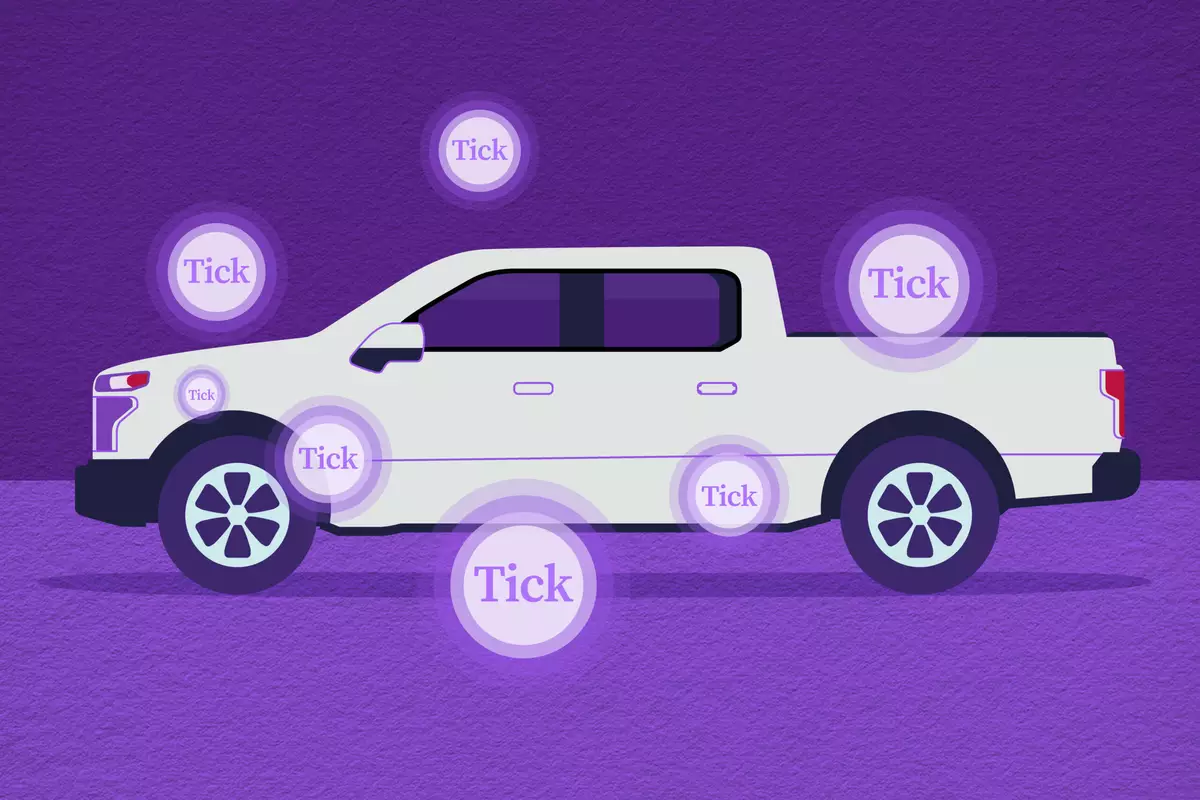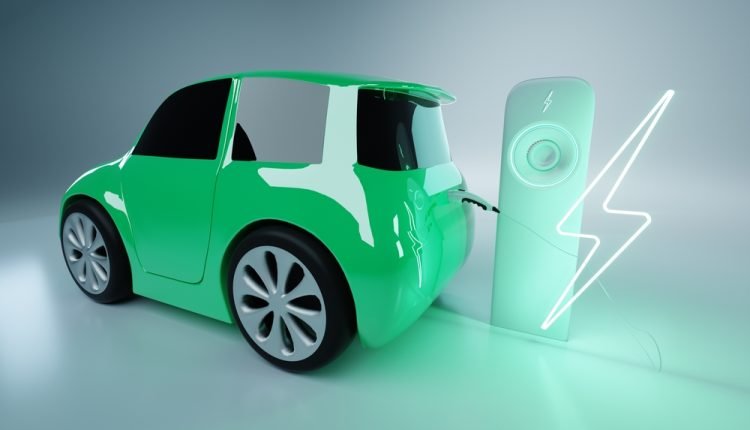
Why Does My Car Make a Ticking Noise?
A ticking noise from your car can be caused by a number of things. If it occurs when the engine is running but the car is not moving, it’s probably coming from the engine or something associated with it, such as the alternator. But if it occurs only when the car is moving — whether going straight or turning — it’s likely coming from another source.
Ticking Noise from the Engine: What to Check
A ticking noise from the engine can be caused by several factors. Here’s a step-by-step guide to help diagnose the issue:
- Check the Instrument Panel
- With the engine running, observe the oil-pressure gauge. The needle should be close to the middle of the scale. If it’s low or if the oil-pressure warning light is on, turn off the engine and check the oil level.
- Also, check if the check-engine light is illuminated. If it is, there may be trouble codes that need to be read.
- Check the Oil Level
- After turning off the engine, let it sit for a few minutes. Then, open the hood and check the oil level. If it’s low, add oil, but be careful not to overfill. It’s a good idea to leave some space in case you need to add a cleaner later.
- Identify the Source of the Noise
- Restart the engine and try to pinpoint where the ticking is coming from. A mechanic’s stethoscope, which is available for around $10, can be very useful. Alternatively, you can use a 2-foot length of hose or a funnel to help isolate the noise.
- Be cautious around moving parts to avoid injury.
- Common Causes of Ticking Noises
- Lifter Tick: Often heard around the valve cover. Lifters are responsible for taking up slack in the engine’s valve train. A ticking noise could indicate a problem with the lifter, possibly due to clogged oil ports, low oil pressure, or normal wear.
- Spark Plugs/Wires: Faulty spark plugs or wires can cause sparks to jump and create a ticking noise. Running the engine in the dark might help spot these sparks.
- Engine Accessories or Pulleys: Parts like the alternator or pulleys driven by the serpentine belt can create ticking sounds. Be cautious around these parts, and ensure they don’t catch your fingers or clothing.
- Exhaust Leaks: A leak between the engine and manifold or between the manifold and exhaust pipe can cause ticking.
- Fan and Shroud Interference: Ensure the engine is off and cool before checking the fan. A fan that’s too close to its shroud can make a ticking noise.
- Noise After Startup
- If the ticking noise only occurs briefly after starting the engine, it might be normal, especially in cold weather. However, if the noise persists, it’s worth investigating. Modern cars with direct fuel injection might naturally produce a ticking sound, but a new noise that wasn’t present before should be checked out.
Noisy Lifters
Lifters are critical for the smooth operation of your engine. They help to eliminate gaps in the valve train by using oil pressure. Common issues include:
- Clogged Port: Regular oil changes are crucial. If the oil isn’t changed regularly, it can clog the lifter’s port.
- Oil Leak: Leaks between the lifter’s piston and barrel can cause ticking. This might be due to dirty oil or high mileage wear.
- Oil Pressure Issues: Low oil pressure, due to factors like low oil levels, incorrect oil weight, or a clogged filter, can also affect the lifters.
To address lifter noise, consider using an engine cleaner additive. Follow the instructions carefully and change the oil after using the cleaner. If the noise persists, a mechanic might need to replace the lifters, which could be a complex and costly procedure.
Ticking Noise When Driving
If the ticking noise occurs only while driving, it could be due to various rotating parts. Before taking your car to a mechanic, check for:
- CV Joints: Worn CV joints can cause ticking, especially when turning. Test by making sharp turns and listening for the noise.
- Wheel Bearings: These can also produce a ticking noise, which may be more noticeable when cornering.
If you’re unable to identify the source, a mechanic can put your car on a lift to diagnose the issue safely.



